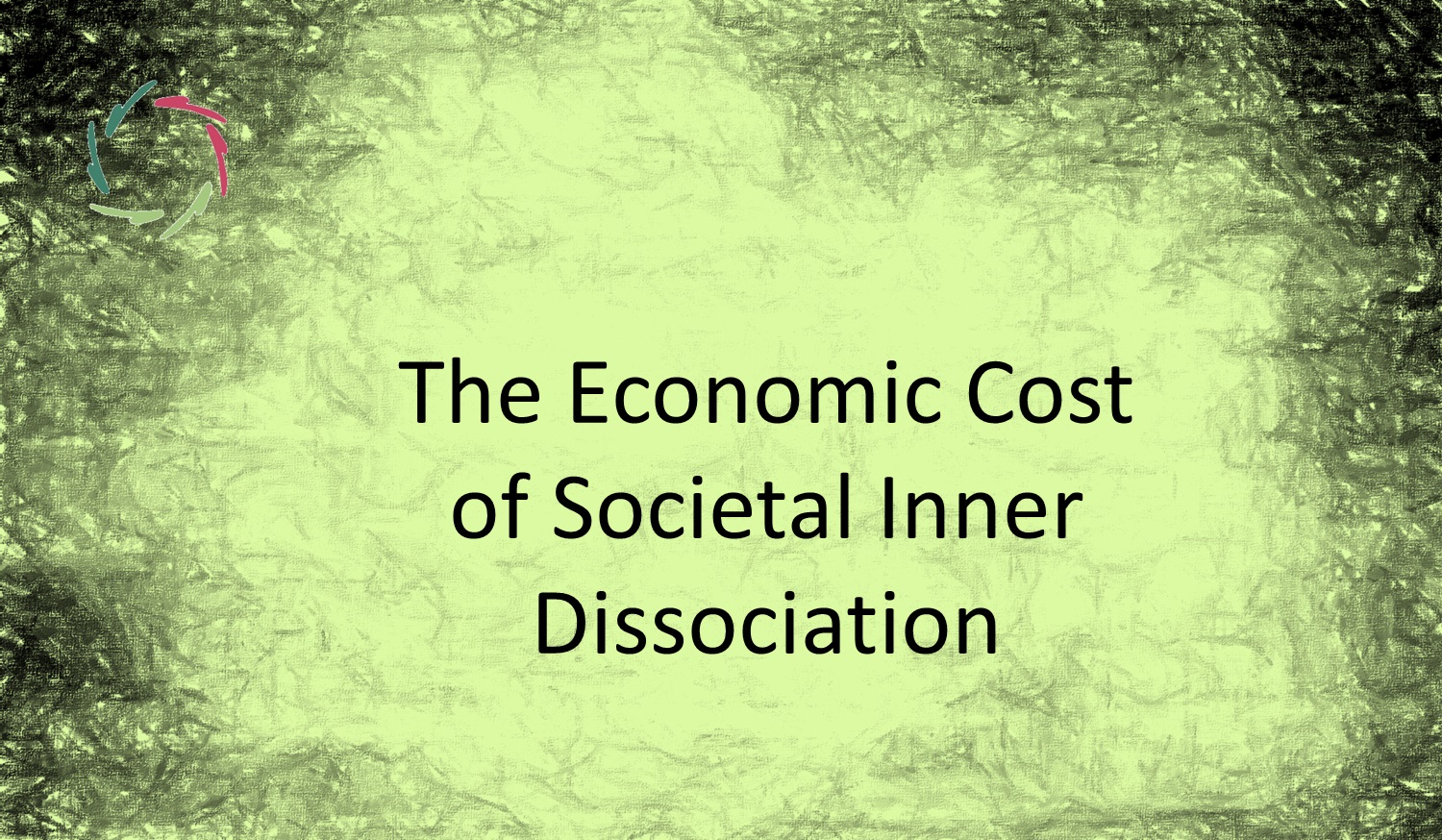The Psychology of Nationalism and SID

Nationalism is increasingly prominent in many parts of the world. While it can fulfill a deep-seated need for identity and belonging, it can also be a symptom of Societal Inner Dissociation (SID). It then risks becoming a force of division, exclusion, and conflict
The present blog explores the psychological mechanisms that link SID with the resurgence of nationalism, examining how unaddressed collective dissociation fosters the fear, exclusion, and hostility often associated with nationalist movements. This blog is part of the *SID* series. Please read the primary blog of this series for a basic understanding of Societal Inner Dissociation (SID).
Defining nationalism in the context of SID
Nationalism, at its core, is an ideology that emphasizes the importance of a shared national identity and often prioritizes the interests of one’s nation above others. In the context of SID, nationalism can be seen as a reaction to the fragmentation and disconnection that individuals and societies experience on a deeper level.
SID creates a profound sense of disconnection from one’s inner self and from the broader societal context. In response, individuals and groups may gravitate towards nationalism as a way to reclaim a sense of identity and belonging. Nationalist movements offer simple, unifying narratives that promise to restore a lost sense of order and purpose. However, these narratives often rely on exclusionary tactics—defining the national “us” against a perceived “them”—which further deepens societal divides.
In times of societal stress, when the complexities of the world seem overwhelming, nationalism provides a seemingly straightforward solution. It reduces complex social, economic, and political issues to matters of national pride and sovereignty. This simplicity is appealing in a dissociated society where deeper, more nuanced thinking is often avoided in favor of quick, emotionally charged responses. However, this reductionism can lead to dangerous oversimplifications that ignore the root causes of societal problems.
Historical precedents
History provides numerous examples of how nationalism fueled by SID has led to division, conflict, and even war. Understanding these precedents can help us recognize the potential dangers of allowing nationalism to take root in dissociated societies.
In the years leading up to World War II, many European countries experienced significant social and economic turmoil. The resulting societal dissociation created fertile ground for the rise of nationalist movements. In Germany, the Nazi regime capitalized on widespread feelings of humiliation and economic hardship, offering a nationalist ideology that promised to restore the nation’s pride and power. This nationalism was built on a foundation of exclusion, hatred, and scapegoating, leading to one of the most devastating conflicts in human history.
In the aftermath of colonial rule, many newly independent nations embraced nationalism as a way to assert their sovereignty and identity. However, in some cases, this nationalism was fueled by the deep-seated traumas of colonialism and the fragmentation it caused. In Rwanda, for example, nationalist ideologies that played on ethnic divisions ultimately led to the 1994 genocide. Here, nationalism became a tool for expressing unresolved collective dissociation, with catastrophic consequences.
Psychological drivers
SID often manifests as a pervasive sense of fear and anxiety stemming from the disconnection individuals feel from their inner selves and each other. Nationalism exploits these fears by presenting the nation as a safe haven, a source of stability and security in a chaotic world. However, this security is often illusory, as it is built on the exclusion of others and the suppression of internal conflicts rather than on true integration and cohesion.
Nationalist movements frequently arise in response to perceived or actual losses ― whether of economic security, cultural identity, or geopolitical influence. SID exacerbates these feelings of loss as dissociated individuals and societies struggle to find meaning and purpose. Nationalism promises to reclaim what has been lost, to restore the nation to its former glory. Yet, this promise often involves projecting internal grief onto external enemies, leading to conflict rather than healing.
At the heart of nationalism is a deep longing for belonging, a desire to be part of something greater than oneself. In a society fractured by SID, where individuals feel isolated and disconnected, this longing becomes particularly intense. Nationalism offers a way to fulfill this need by providing a strong and collective identity. However, when this identity is based on exclusion and opposition, it can lead to the reinforcement of SID, as it deepens divisions both within the nation and between nations.
Pathways to inclusive identity
An inclusive national identity embraces diversity and acknowledges the multiple identities that exist within a nation. By promoting pluralism, societies can create a sense of belonging that does not rely on exclusion or opposition. This approach involves emphasizing shared values and common goals while respecting differences. Dialogue that highlights the strengths of diversity and fosters an understanding that national identity can be both unified and diverse is crucial.
To counteract the exclusionary narratives of nationalism, developing collective narratives that focus on healing and integration is important. These narratives should acknowledge past traumas and losses while emphasizing the potential for growth and renewal. By framing the national story as one of resilience and inclusivity, a sense of identity that is both strong and Compassionate can be cultivated. Encouraging individuals to explore their personal connections to these narratives can help them find their place within a larger, inclusive national story.
In an increasingly interconnected world, fostering a sense of global citizenship can help mitigate the dangers of nationalism. By encouraging individuals to see themselves as part of a global community, the emphasis on narrow national identities can be reduced, promoting a broader sense of belonging. This approach can be integrated into educational systems, public discourse, and collective efforts to create a more inclusive and interconnected world. Exploring the balance between national identity and global responsibility is key to this integration.
In short
Nationalism, when fueled by SID, can become a divisive and destructive force. By understanding the psychological mechanisms that drive the resurgence of nationalism in dissociated societies, we can work towards fostering a more inclusive and integrative sense of national identity. This approach can help reduce the risks associated with nationalism, promoting unity and cohesion both within nations and in the global community.
Lisa is ready for all personal coaching ― of course, without manipulating anyone.


